River Silence
Rogério Soares / Canada / 2019 / 92 min
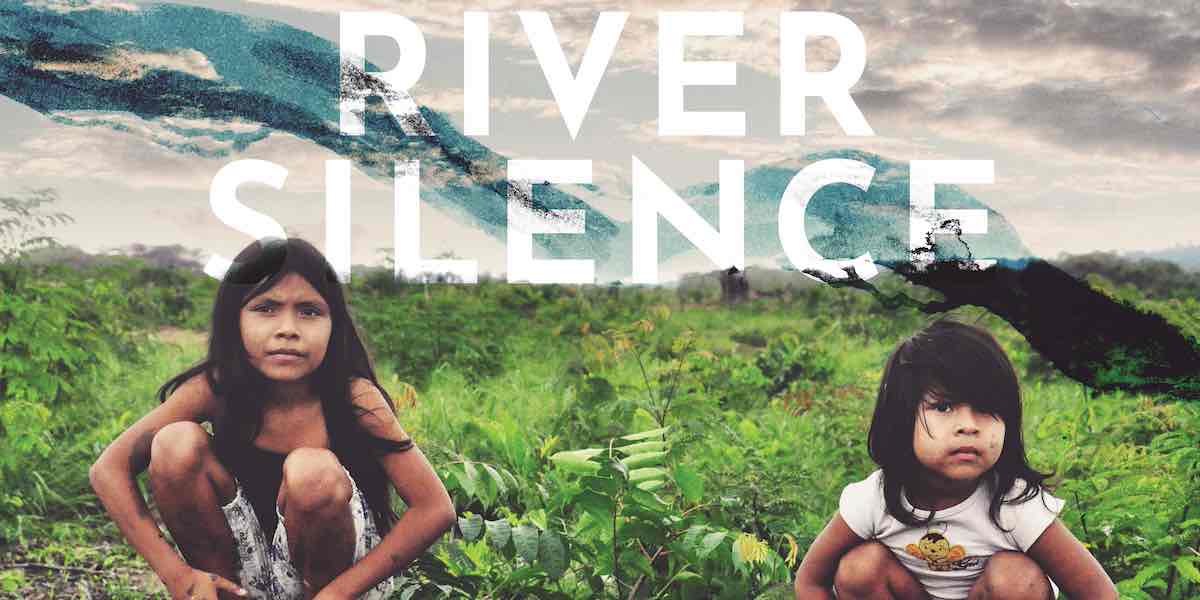
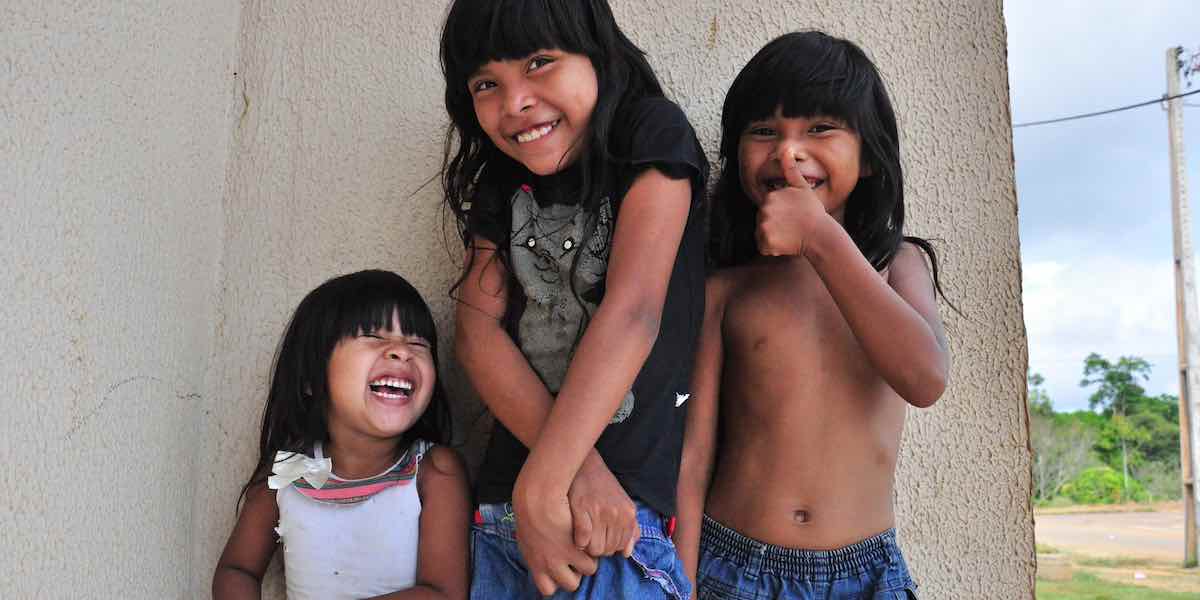
Hot Docs
Honourable Mention Special Jury PrizeSanta Barbara International Film Festival
Rain International Nature Film Festival
Crystal Hornbill for Best DocumentaryDocsMx Int'l Documentary Film Festival
Related Films
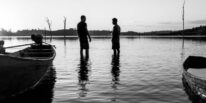 Amazon Mirror(O Reflexo do Lago)Fernando SegtowickIn the 1980s, the military dictatorship in Brazil built the largest hydroelectric dam in the Amazon in the city of Tucuruí in the state of Pará. ...
Amazon Mirror(O Reflexo do Lago)Fernando SegtowickIn the 1980s, the military dictatorship in Brazil built the largest hydroelectric dam in the Amazon in the city of Tucuruí in the state of Pará. ... Eternal Amazon(Amazônia Eterna)Belisario FrancaThe Amazon is a vast laboratory for sustainable experiments that are revealing new relationships among human beings, corporations, and the natural ...
Eternal Amazon(Amazônia Eterna)Belisario FrancaThe Amazon is a vast laboratory for sustainable experiments that are revealing new relationships among human beings, corporations, and the natural ... This Stolen Country of Mine(Nuestro país robado)Marc WieseChinese mining in Ecuador’s mountains sets the stage for an epic battle between eco-guerrillas and a corrupt government in an intensely dramatic ...
This Stolen Country of Mine(Nuestro país robado)Marc WieseChinese mining in Ecuador’s mountains sets the stage for an epic battle between eco-guerrillas and a corrupt government in an intensely dramatic ...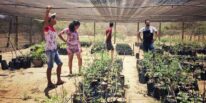 Solidarity Planet(Planeta Solidario)Renato TapajósFrom small associations to large industrial cooperatives, Solidarity Planet travels throughout Brazil (from Rio Grande do Sul, and Mato Grosso do Sul, to ...
Solidarity Planet(Planeta Solidario)Renato TapajósFrom small associations to large industrial cooperatives, Solidarity Planet travels throughout Brazil (from Rio Grande do Sul, and Mato Grosso do Sul, to ...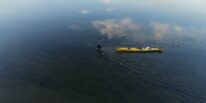 The River’s Retreat(El ciar del río )Renán AparicioRenán Aparicio and a friend embark on a transformative kayak journey down the Bermejo River in Argentina, following an explorer’s old navigation ...
The River’s Retreat(El ciar del río )Renán AparicioRenán Aparicio and a friend embark on a transformative kayak journey down the Bermejo River in Argentina, following an explorer’s old navigation ...Pricing
Related Subjects
English and Portuguese with English subtitles
With Raimunda Gomes Da Silva, Tamakwera Parakana, Karliane Lopes De Souza, Francinete Pinto Novaes, Ana Paula Pinto Novaes
The Belo Monte Dam, one of the world’s biggest and most controversial infrastructure projects, is causing massive ecological and social devastation along Brazil’s Xingu River. Director Rogério Soares travels into this mythic and brutalized world to encounter some of its most vulnerable and inspiring inhabitants.
About the Director
He has previously directed documentaries in the region for Al-Jazeera (USA) and TV Cultura (Brazil). River Silence is Rogério’s first feature documentary.
Notes on Film
“The Amazon is a kind of spiritual home to me, a place that never stops feeding my dreams and imagination, a place that shapes my understanding of the world. I feel a deep affinity with its inhabitants, and with River Silence, I wanted to accompany them somehow as they lived through a kind of apocalypse.
I first visited the region as an 18-year-old. I’d grown up in the Brazilian south, a modern and very different world, and I was immediately taken with the atmosphere and narrative of the Amazon—its slow pace, its heavy rains and humidity, its unbearable heat, and its many rivers. I returned later, in the 1990s, to work as a United Nations consultant, and not long after that, my parents decided to move there. I have lived in many places since then—New York, London, Sydney, Paris, Toronto, and, most recently, Montreal—but the Amazon remains home on some deep level.
I have made several short films about the Amazon for Al Jazeera (USA) and TV Cultura (Brazil), but River Silence is my first feature film. I think of it as a “river movie”—a film in constant flow that illustrates the changes occurring in a region that until recently was relatively untouched. But today there are very few spaces in the Amazon that have not been affected by “development.” It’s a region in constant transformation. An epic narrative is playing out there, highlighting the dichotomy between creation and destruction, life and death, happiness and sorrow, the new and the archaic.
Our story begins on the banks of the mighty Xingu River, where the world’s fourth-largest dam is nearing completion. Modern-day corporations and government bodies have taken on the role of their colonial forebearers. Bribery, corruption, violence, environmental destruction, and ethnocide are commonplace—all justified in the name of economic growth.
Unlike in earlier colonial times, the pace is astonishingly rapid. In today’s globalized economy, huge changes take place in a matter of days and months, not years. In the five years since I started researching and shooting this film, I’ve witnessed these changes firsthand: disappearing fish populations, entire forests replaced by cattle ranches, riverside communities forcibly relocated to urban areas, Indigenous people resisting, armed with nothing but their voices. The Amazon is eroding quickly because its people, who have coexisted in this environment for centuries, are vanishing.
The film features four women: Francinete, Tamakwera, Karliane, and Raimunda. Each has her own distinct story. Each has experienced her own tragedy. And each is persevering amidst massive changes. Their hope is often expressed through an appeal to the sacred, as they call upon higher powers to intercede on their behalf, to grant them salvation or redemption. The Amazon is an all-encompassing world and its peoples tend to see themselves as part of a grand scheme. Life would seem senseless without this belief in some form of divine power.
Despite the suffering we witness in River Silence, my subjects are not victims. Hope and survival are intrinsic to the story. Their love for their children and grandchildren represents their hope for a better future. Each in her extraordinary way reminds us of the daily rituals that make us human.”
– Rogério Soares, Director